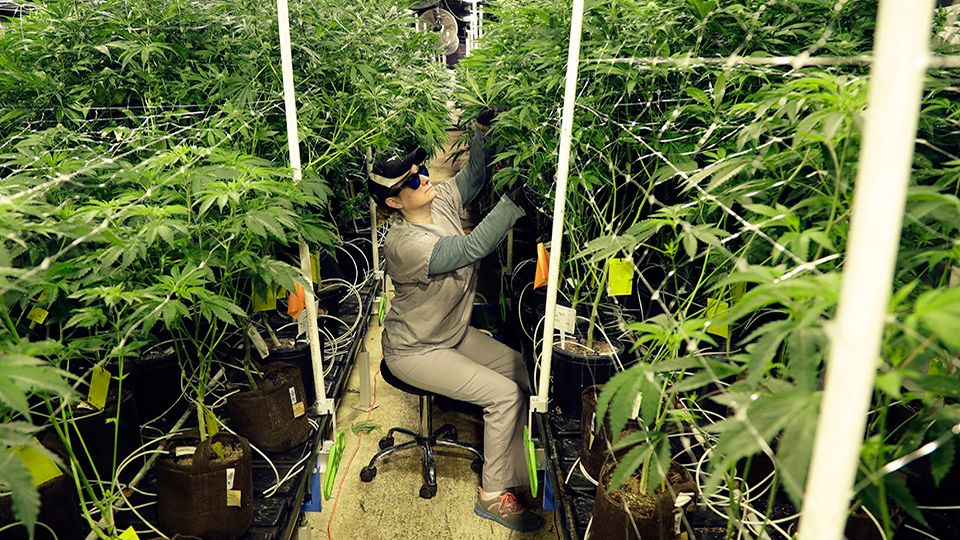New Jersey this week became the latest northeast state to legalize marijuana for adult use, joining Massachusetts at the New York border.
Advocates hope this will New York to follow suit after the measure has stalled for years in the state Legislature.
"The fact the governor signed it immediately, basically, I think should push New York to passing our own legalization bill this year," said Melissa Moore of the Drug Policy Alliance.
But there could be major differences between the two states' laws, skewing what would be competing markets as cross-border sales are inevitable.
"Broadly speaking at a very high level, they'll be quite similar," said Jennifer Cabrera, an attorney with Vicente Sederberg, a firm that has helped shape marijuana legalization laws and regulations. "When you look at the details, not all that similar."
New Jersey's law has taken an even more serpentine path than the debate across the river. Voters last year approved of the move through a constitutional referendum, and a series of measures were approved in the Legislature, culminating with "clean up" bill approved this week by Gov. Phil Murphy.
Both states will likely have limits on where retail outlets can be placed and social equity funds in order to provide benefits to communities affected by drug laws of the past.
But one difference between New York and New Jersey could wind up being local control for dispensary licenses.
"There's something like 560 municipalities in New Jersey," Cabrera said. "Not a big state, but a lot of towns. You'll probably need to get a local license for where you're going to operate. New York is trying to take some of that power back and keep it at the state level."
And then there's the tax issue. Lawmakers in New York will want to make a marijuana sales tax comparable to New Jersey's law to avoid competition. Having some form of equity in taxes will likely be key in order to avoid cross-border purchases.
New Jersey's law caps marijuana sales tax to the state sales tax, but an excise tax is also under consideration.
"The regulators in New York are anticipating that it will end up being comparable given New Jersey's excise tax, but that is one area where you could see quite a big difference," Cabrera said.
And inevitably, the two states will be in some form of competition for marijuana customers given their proximity to one another.
"They are going to be," she said. "For any dispensary on the PATH line, it's going to see a certain share of New Yorkers coming over."



